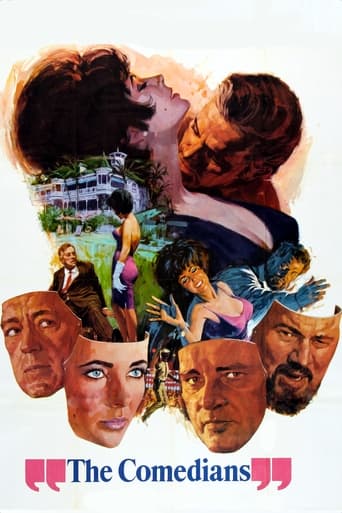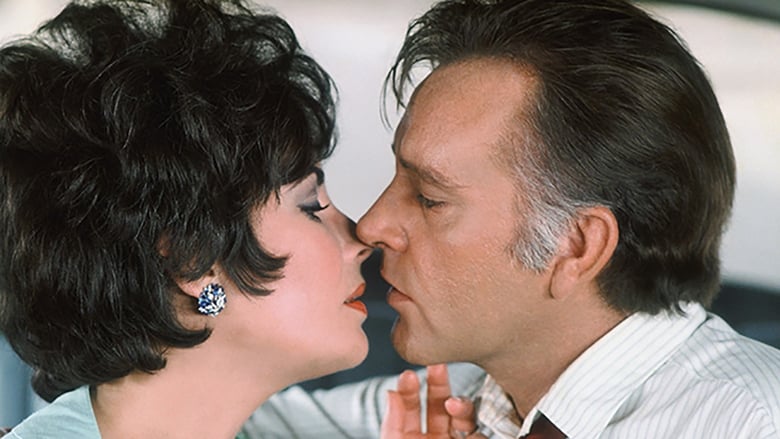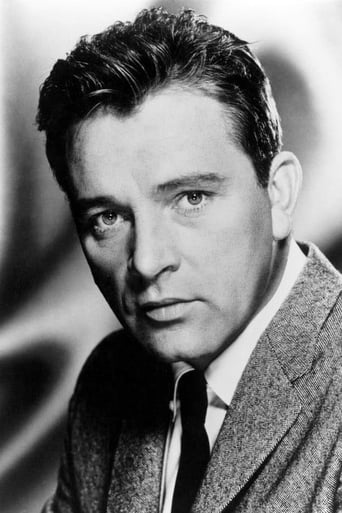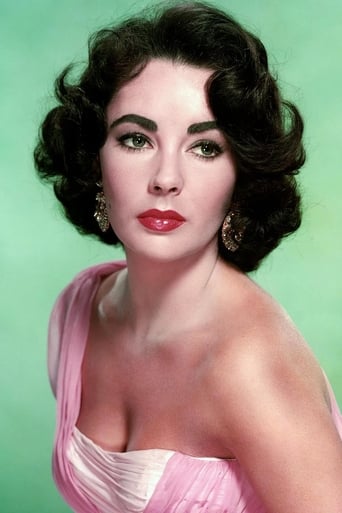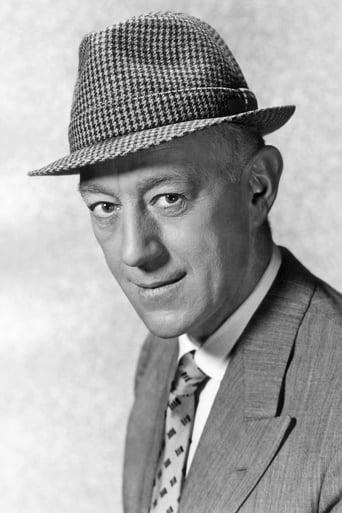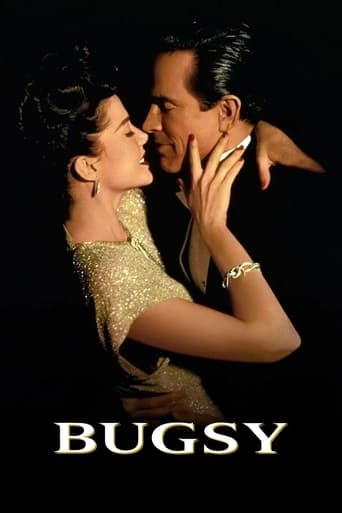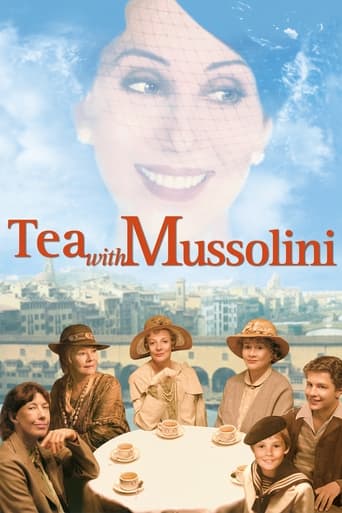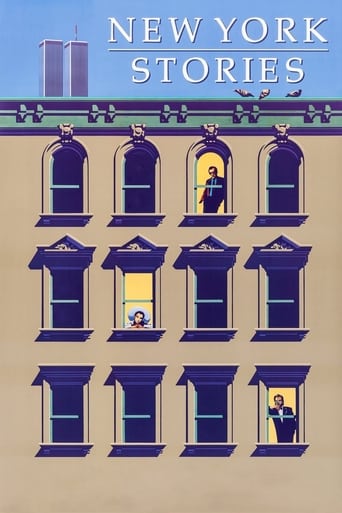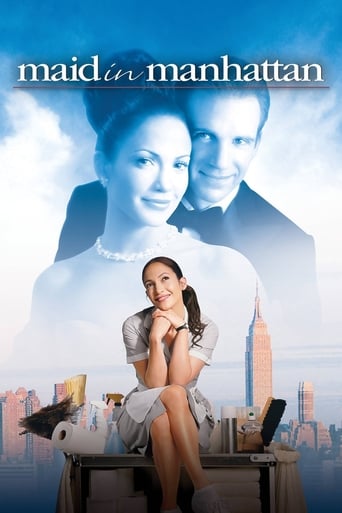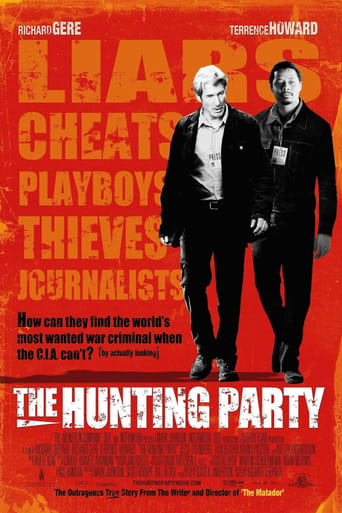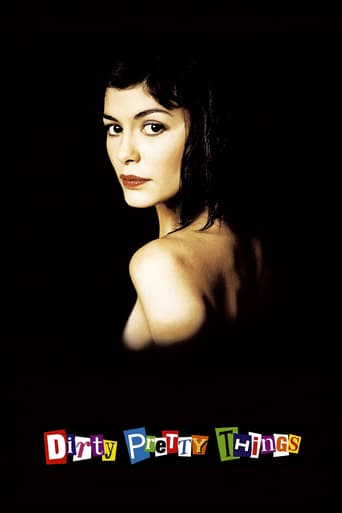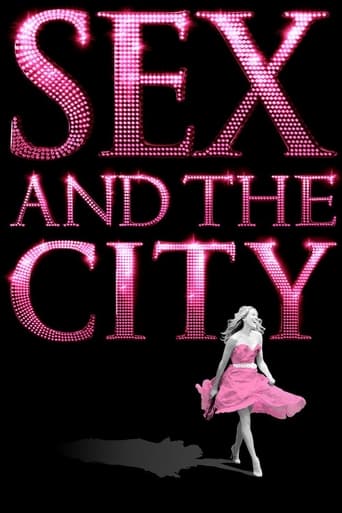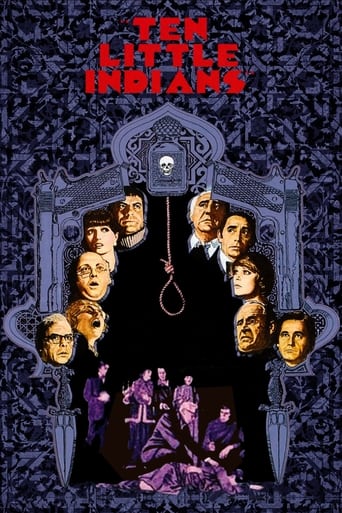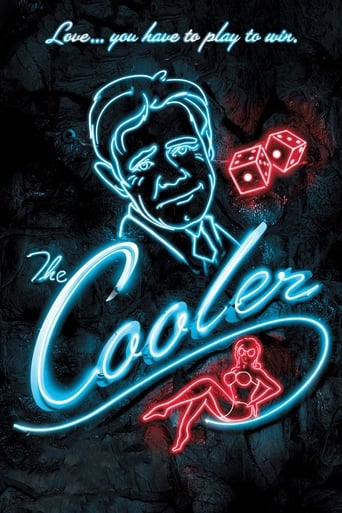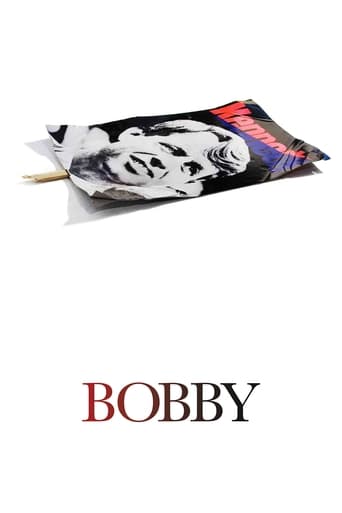The Comedians (1967)
American and British tourists get caught up in political unrest in Haiti.
Watch Trailer
Cast


Similar titles
Reviews
I haven't read Graham Greene's novel on which this movie is based. But, "The Comedians" on film is laboriously long and drawn out. Except for the first-rate cast of big cinema names of the time, it wouldn't have held my interest all the way through. The fact that the setting is Haiti during the reign of one of the worst despots of the 20th century, François (Papa Doc) Duvalier, only adds to one's uneasiness in watching this movie. The great storyteller that he was, Graham Greene must have woven the elements of this story together very well in his novel. But here we have two big separate stories butting heads with one another. The first is the adulterous love affair between the two leads, Richard Burton as Brown and Elizabeth Taylor as Martha. The second is the plight of the people of Haiti living in a constant state of terror under the ruthless Duvalier and his henchmen. But then, two other elements that Greene no doubt worked into his single story, here appear to be separate stories awkwardly sandwiched into the two main stories. They are the businesses of Major Jones, played by Alec Guinness, and of Smith, played by Paul Ford. The end result is a plot with many subplots – all poorly connected. Besides the leads, the film has several stellar actors. Guinness and Ford are joined by Peter Ustinov as Ambassador Pineda, Lillian Gish as Mrs. Smith, and James Earl Jones as Dr. Magiot. A handful of others in the supporting cast also give good performances in the film. The direction and editing are weak. The cinematography is good and the location does a good job showing the scenery and conditions as they might have been in Haiti from the late 1950s through most of the 20th century. But for that historical connection and the performances of the supporting cast, this film is hardly worth watching. At the end of the movie, it seemed to me that I had been watching a belabored story about a sex-driven but frustrated white hotel owner in Haiti who couldn't find fulfillment in anything he did. Movie fans who enjoy history may find Duvalier's story interesting. He was a physician who treated the poor and suffering people of Haiti in his early life. That's where he got his endearing moniker from the people, "Papa Doc." He was elected president in a free open election in 1957. But he soon became crazed with power. He killed 30,000 of his countrymen and established a reign of fear and terror, while the poor of his country suffered all the more.
Haiti has been suffering like no other part of the world for decades. "The Comedians" takes aim at one of its most awful periods, the late-1960s misrule of "Papa Doc" Duvalier. The heart is in the right place, but the film suffers from its commitment to bear witness to unrelieved misery and hopelessness at the expense of story or believable characterization.Brown (Richard Burton) is trying futilely to offload his Haitian hotel and make a clean break from a life spent in furtive sex with Martha Pineda (Elizabeth Taylor), wife of a foreign ambassador (Peter Ustinov). Brown doesn't care about politics, but politics has a way of caring about him. Soon he finds himself pressed for help by noble rebels fighting a hopeless cause, as well as a shady arms salesman (Alec Guinness) who bites off more than he can chew.One of the more misleadingly titled films ever, "The Comedians" has barely a laugh on offer, except for the risible sight of Guinness in drag and blackface somehow sneaking past a couple of suspicious black policemen. Its dire tone is a weight, and so is its 150-minute running time. With such a great cast and a script by Graham Greene adapted from his own novel, the film is never a complete bore, but it doesn't engage, either. As other reviewers here note, it comes off as a kind of muddy replay of "Casablanca," without that classic's snappy dialogue or sense of hope.Burton and Taylor were of course the couple of the moment when "The Comedians" came out, and the film plays to this shamelessly. The film's first half focuses on their pathetic relationship. Burton's Brown is so jealous of Martha he can't even bear the thought of her spending time with her husband and son. Martha struggles with his growling idiocy because, well she's Taylor and he's Burton and it's what audiences were supposed to have wanted.He seems to be coasting on his sullen, broody charm, while she wrestles with a dicey accent and lack of motivation. Poor Ustinov is reduced to a few moments of cow-eyed impotent sympathy. At least the film looks great, thanks to Henri Decaë's sharp cinematography and the sun-drenched splendor of Dahomey, today Benin, which stands in for Haiti rather well. Director Peter Glenville likes too much shots of people talking to each other for long stretches, but he works in some sharp transitions which cut the torpor factor down somewhat.The main problem with the film is Greene. He does change the story up some from the novel, but leaves in a silly subplot about a couple staying at Brown's hotel who plan to export their vegetarian ideals to Haiti ("This could be the beginning of our greatest achievement" Greene has the husband say to the wife as they step off their ship, apropos of nothing) only to discover Haiti is a place where dreams go to die. Paul Ford and Lillian Gish add luster to the sterling cast, but they slow down the story for more grief about poor Haiti, a point the film presses at every turn.Graham also saddles his cast with some bad lines in furtherance of this point. "Haiti means hate, hate!" yells one grieving widow when her husband's body is stolen by some Tontons Macoutes. "He lives for them, and they die for him," Brown muses about Papa Doc.Guinness's character, H. O. Jones, is another odd duck. "If you can't be good, be careful," he tells Brown at the outset, before proceeding to be neither. We discover in time that he's a bit of a fraud as well as a cheat, yet for a globe-trotting bounder he has no apparent survival skills other than calling on Brown to bail him out on the basis of their shared Englishness. When he begins to win Martha's affections, Brown naturally finds new cause for his jealousy.The best part of the movie, like others say here, is a scene late in the movie where Brown and Jones have a heart-to-heart and Jones shows real remorse over a misspent life. Here both actors manage some memorable work, and Glenville also keeps things interesting in an understated way by making us wonder about Brown's motives, which involves some clever misdirection. It's not quite enough to save the film, but it makes it feel like less of a waste.Roscoe Lee Browne and Raymond St. Jacques are also notable in minor roles, Browne so minor as a journalist you might miss him except for the way he seems to gracefully speak for a better Haiti without committing himself to anything dangerous. St. Jacques, with his crisp bearing and hard glare, steals every scene he's in as a nasty captain, Concesseur, so much so you wish Greene gave him a bit of ambiguity. Instead, he just kills a lot and tells Brown white people disgust him because their skin reminds him of "a toad's belly."You get the point long ago. Haiti is a bad place. Unfortunately, "The Comedians" never advances much from that position, and the result is too often labored, if never entirely as hopeless as its message.
This had all the making of a first rate political drama. There is an acclaimed novelist whose novel this was adapted from, an exciting premise (British expatriates in Haiti, brutally ruled by the brutal and eccentric "Papa Doc" Duvliar's, get caught up in political oppression and rebellion), an star-studded ensemble cast, and exotic locations. So why does it fall so flat? Part of the problem is that it the film is overlong, lasting for around two and a half hours. The result is a story which moves very slowly with a lot of excess chat. Also, there is too much emphasis on the dreary soap opera love triangle of the three main characters (Richard Burton, Elizabeth Taylor, and Peter Ustinov). The Burton character, a cynical hotel owner of British decent, is obviously copied on the Humphrey Bogard character in "Cassablanca." The film also fails to take advantage of the official oppression and corruption which is the cause of the country's problems. There is little sense of danger until the last half hour, and even then the action is sporadic. There is also a failure to take advantage of the locations. The film was shot in Benin, an African country which isn't a convincing substitute for Haiti, though there was obviously no way this could have been shot in Haiti itself. But the photography is pretty ordinary. There are a few good scenes, including a voodoo ceremony and a shootout in a cemetery. Also, some supporting characters are actually rather interesting, helped by fine performances by James Earl Jones as a surgeon who supports the rebels and Raymond St. Jacques as a sinister police commander who tortures and murders people as casually as most people would order a take-out lunch. Unfortunately, but most of the film is a case of missed opportunities. It's passable, but overlong and never worthy of the talent that went into it.
The ComediansRichard Burton & Alec Guinness star in this Graham Greene scripted tale of colonial decadence and state violence in Haiti. Hipster-creole thugs menace Alec upon his arrival, strip off his clothes, and toss him into a cell. Richard smolders morosely in a taxi marked 'publique' and passes a billboard on the highway emblazoned with the name Papa Doc. "He lives for them and they die for him," Richard sneers contemptuously. Cut to Alec in shirtsleeves, manhandled by a goon in sunglasses, van Dyke, and porkpie hat. Cut back to Richard, now in Liz's powdered arms, damp with booze and middle- aged lust. They're in the back of her touring car, talking about desire. She says something about having a baby, asserting a preternatural insight guaranteed by her womb-knowledge. The breeze lifts her Technicolor chiffon scarf. They kiss. "nothing has changed." "no, nothing."Richard looks fairly young here, pre-cirrhosis, his sideburns tawny-grey. He plays the owner of a palatial hotel in Port-au-Prince. Returning to the hotel after his assignation with Liz, he looks down into the empty pool at a bloody body. It is the president, his assistant, Joseph, informs him as the frogs acapella in what surely must be a humid night.Things grow increasingly desperate. The Haitian secret police consist of cooled out hep cats in short sleeve shirts. A brutal officer directs Alec's beating. James Earl Jones is impressive as an idealistic Haitian doctor whose throat is cut over the body of a patient during an operation. Alec knocks boots with Liz, much to Richard's chagrin. Richard, betrayed, accosts Liz. Her response is devastating: "When you want me I am a woman. When I hurt you I'm always a German." Yes indeed. Turns out Daddy was convicted of war crimes and her marriage to Peter Ustinov a desperate means of escape. Regardless, Alec and Richard decide to join a nascent revolutionary moment. Alec is gunned down by the officer. Richard leads his ragtag band of lumpen-proletarians against the state. I fall asleep.

